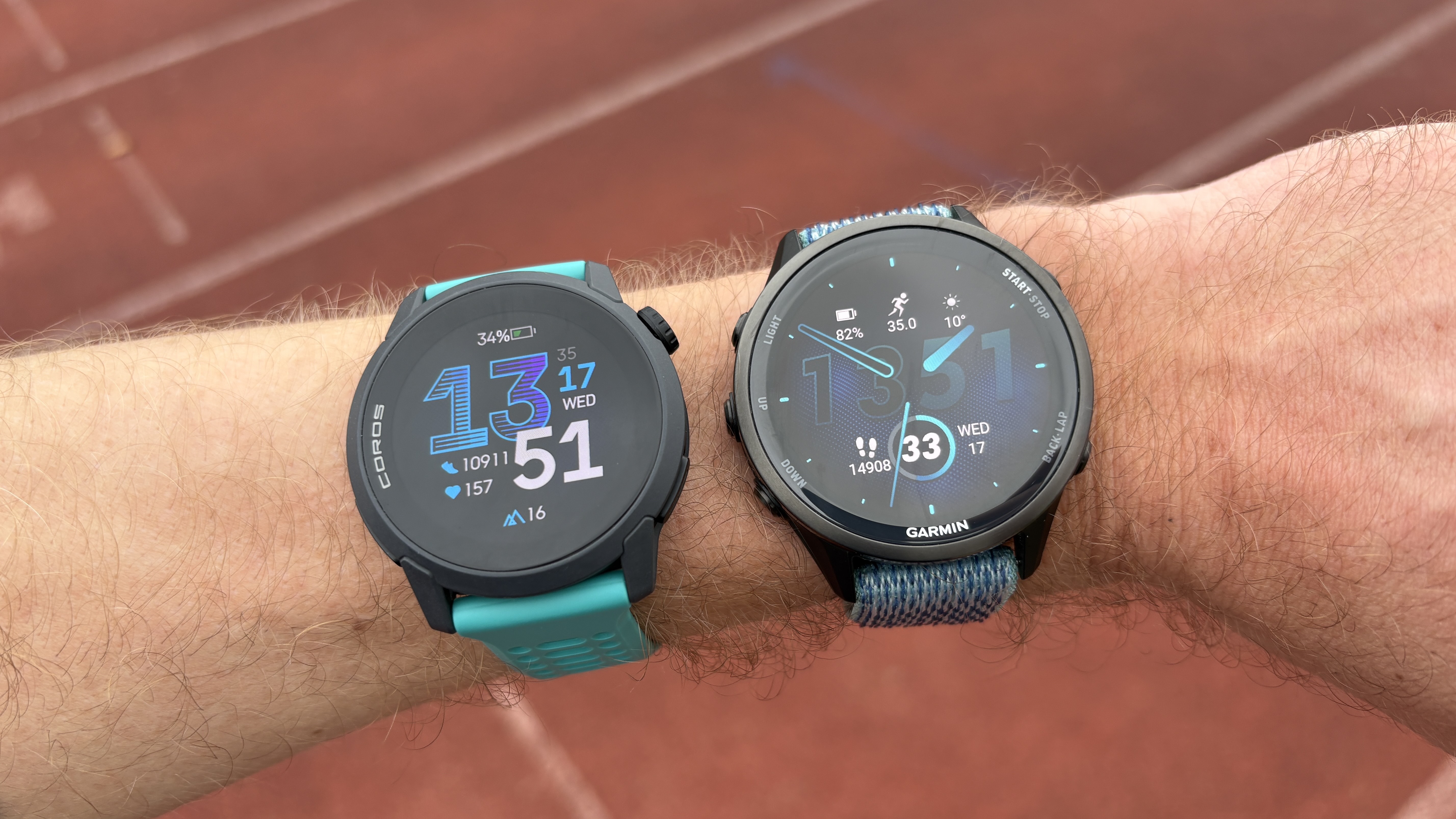What are mouthguards for sleep apnea and do they work? We asked an expert
Sleep apnea mouthguards can help alleviate symptoms, but how effective are they?
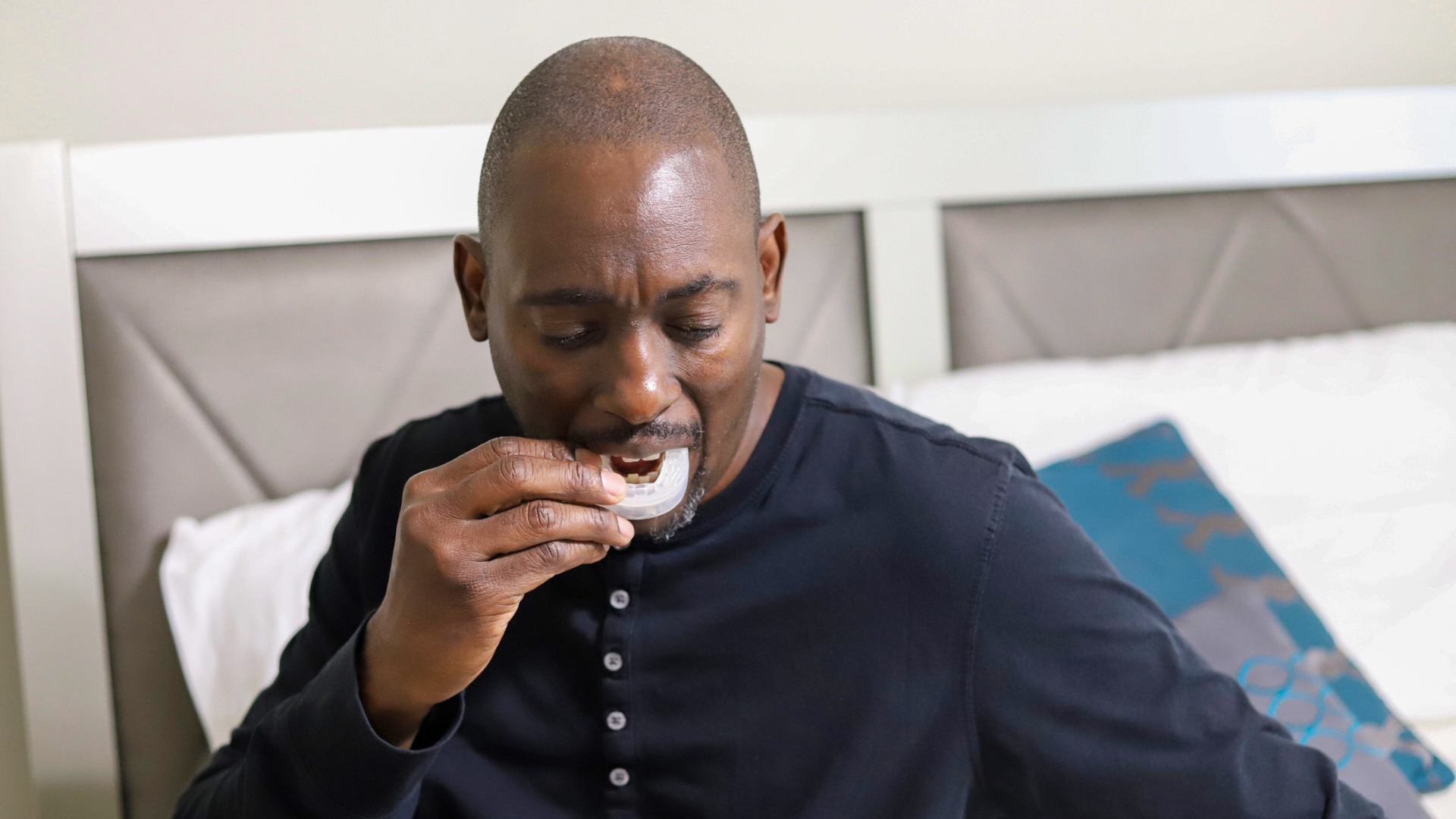
Sleep apnea is one of the most common sleep disorders, affecting millions of people around the world. It refers to the temporary stopping of breathing during the night due to blocked airways, leading to snoring, oxygen deprivation, and a range of symptoms like daytime fatigue and irritability.
There are many treatments for sleep apnea, one of which is using specialist mouthguards to properly position your tongue and jaw. Mouthguards prove to be a popular choice, due to their overall effectiveness and ease of use.
We asked Dr Brijesh Chandwani, Associate Partner at the Center for TMJ pain, Headache and Sleep Apnea Management and board certified specialist for orofacial pain and sleep disorders, all about sleep apnea mouthguard to get his insight into the best treatment options available.
What are mouthguards for sleep apnea?
To understand what mouthguards for sleep apnea are, we first need to understand exactly what sleep apnea is. "Sleep apnea typically occurs when an individual stops breathing for a few seconds," says Dr Chandwani says. "This results in a detrimental effect on different bodily functions including heart, immune and brain.”
One way to prevent the muscles in the throat from relaxing and blocking the airways is to use a mouthguard. “Sleep apnea mouthguards are oral devices (can be over the counter or custom made) which typically move the jaw forward to facilitate breathing,” Dr Chandwani explains.
“Sleep apnea mouthguards (Oral Appliance Therapy) fit over the teeth and gums and keeps the airway patent resulting in improved sleep quality and other outcomes. They are FDA approved devices with several studies supporting their use in sleep apnea,” He continues.
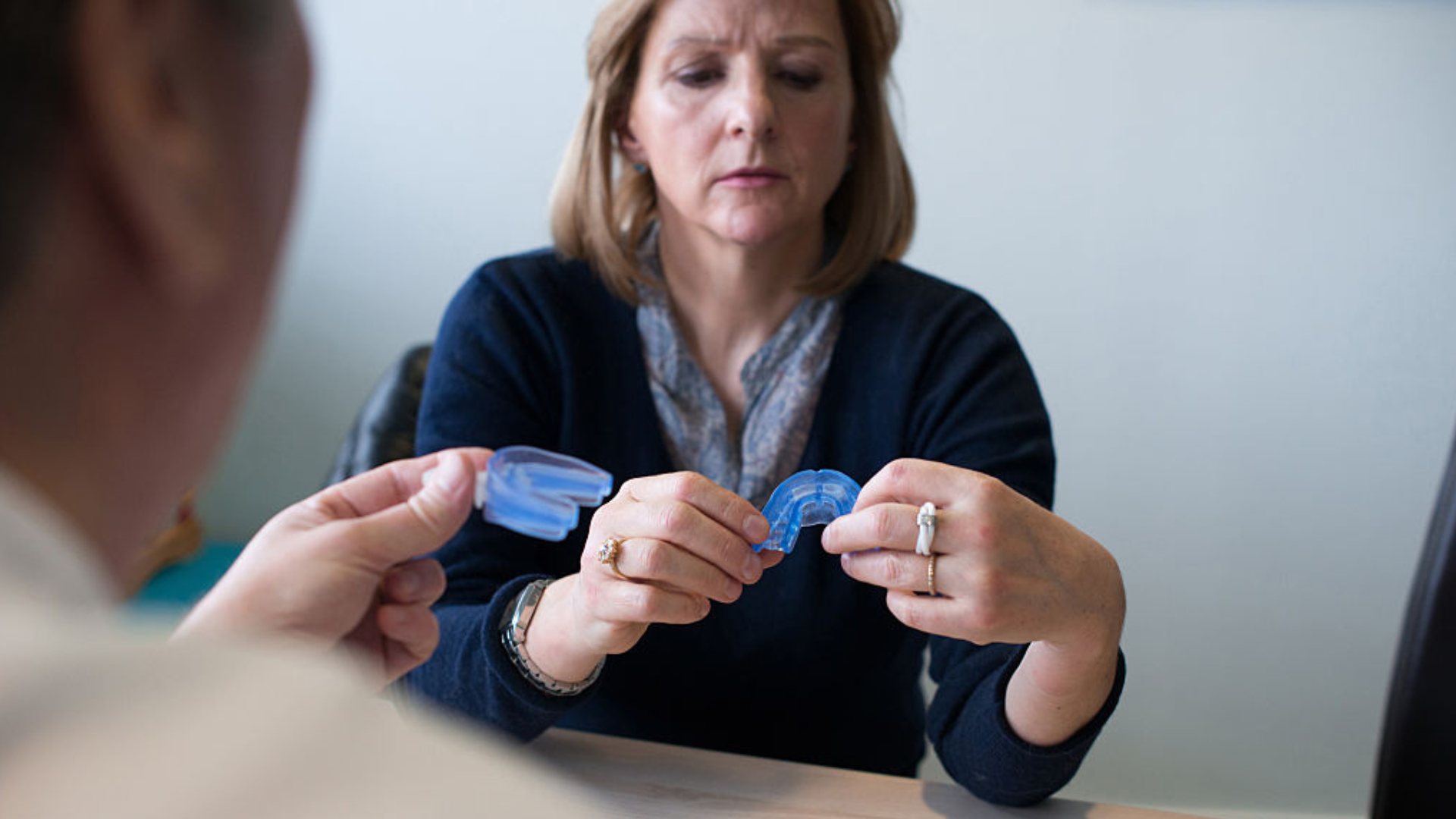
Do mouthguards for sleep apnea work?
While there are plenty of sleep apnea treatment options out there, mouthguards are one of the least invasive methods and therefore, one of the most popular - but how effective are they?
Get instant access to breaking news, the hottest reviews, great deals and helpful tips.
“Sleep apnea mouthguards are very effective and patients tend to continue their use over longer periods of time," says Dr Chandwani. When comparing other treatments available, Dr Chandwani explains that CPAP therapy, which is a continuous positive airway pressure machine, has long been thought of as superior to mouthguards in their effectiveness.
While there's no sleep apnea cure, recent studies suggest that mouthguards could be as effective as a CPAP machine in treating sleep apnea symptoms. That's excellent news for those who find CPAP machine too cumbersome or uncomfortable to sleep with.
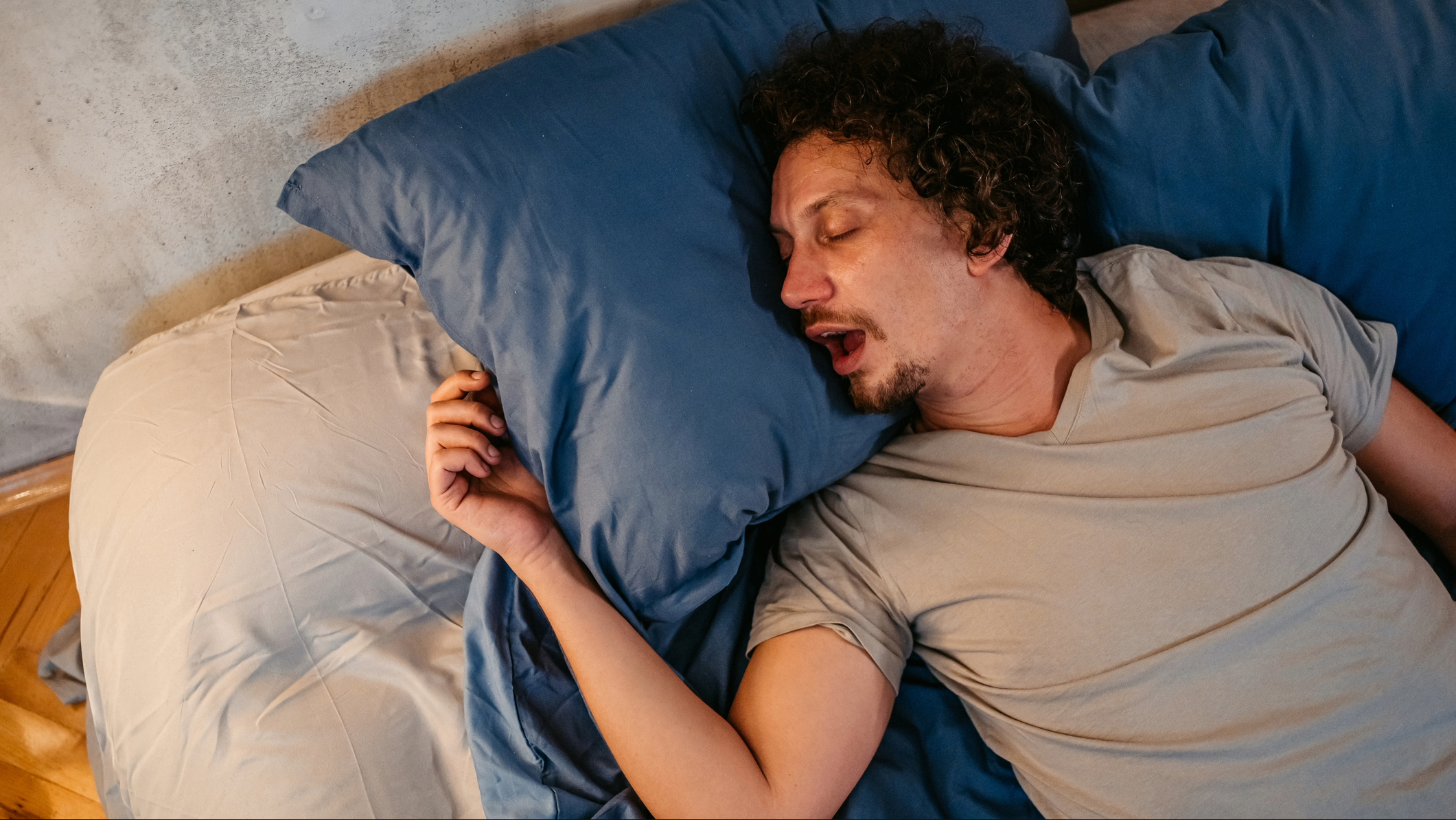
Types of sleep apnea mouthguards and how to choose
If you’re considering using a sleep apnea mouthguard, it’s essential you work closely with your doctor to choose the correct type of mouthguard and health plan. These devices differ from regular sleep mouthguards, so understanding the different types will help you know what you need to sleep better.
Mandibular advancement devices (MADs)
These mouthguards move your lower jaw and tongue forward, helping to keep the airways open and prevent the throat muscles from collapsing. It can also increase airway space, decreasing the common symptoms of sleep apnea, such as snoring.
For optimum comfort you can choose custom or semi custom MADs so they fit your mouth perfectly. Alternatively, some over the counter options can be boiled and bitten for quick customization.
While these are very common types of sleep apnea mouthguards, they won’t be suitable for people who have dental issues or wear dentures.
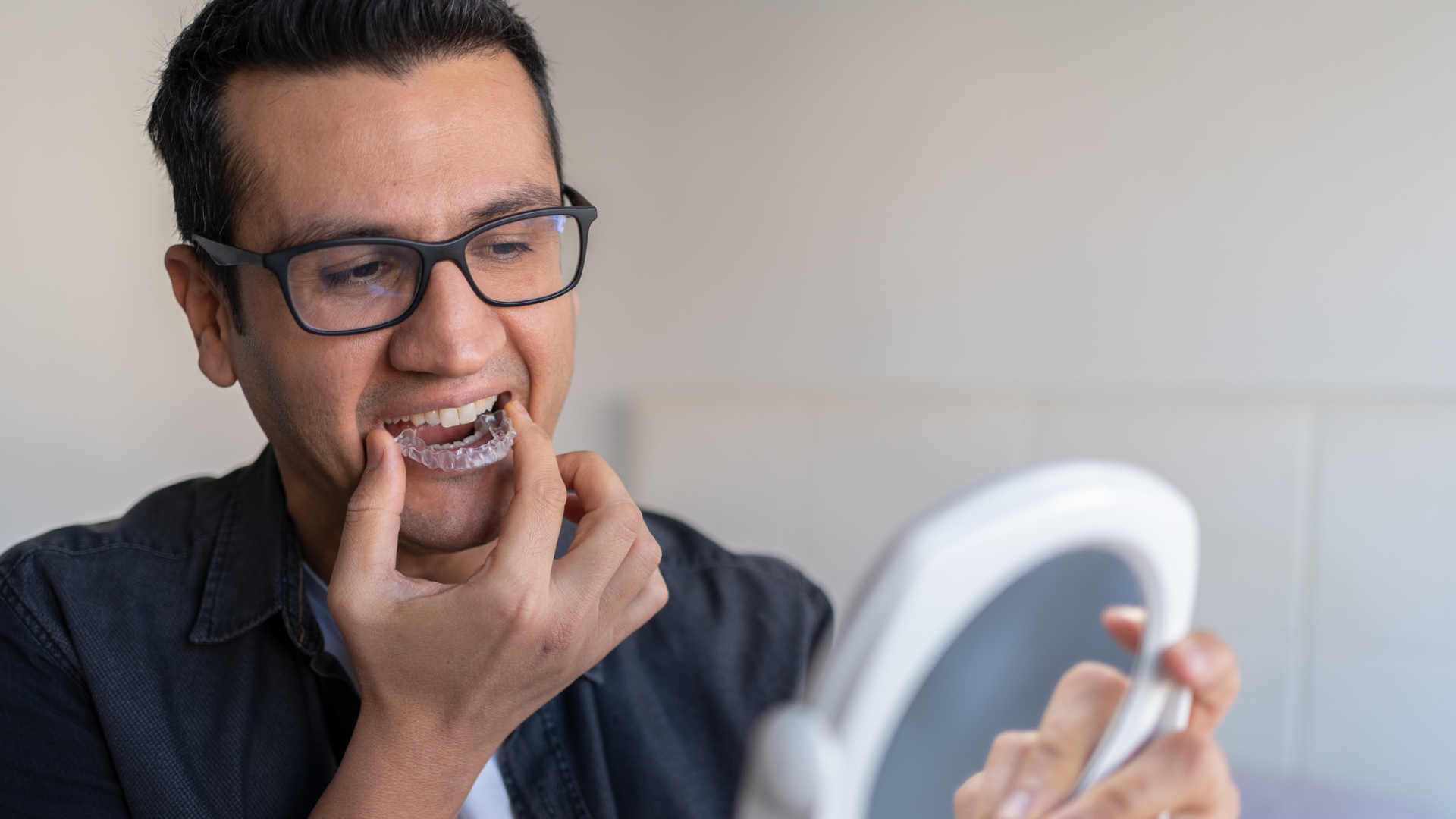
Tongue retaining devices (TRDs)
Tongue retaining devices, also known as tongue stabilizing devices, work by pulling your tongue forward so it doesn’t collapse and block your airways.
Similar visibly to a pacifier, this option uses suction to keep your tongue in a specific position. While it’s suitable for those who can’t use MADs for dental reasons, they aren’t considered as comfortable as other mouthguards.
Soft Palate Lifters
This mouthguard lifts the soft tissue in your palate to prevent it from blocking airways and vibrating.
While the effectiveness of this method has been called into question and is less well-regarded than other sleep apnea mouthguard options, it can be a useful diagnostic tool.
However, a study found that while 8/8 patients tolerated the MAD device and 5/8 patients tolerated the TRD, only 2/8 could wear the soft palate lifter for an extended period of time.
Alternative sleep apnea treatments
If wearing a mouthguard every night doesn't sound appealing, there are other sleep apnea treatments to consider. Below, here's a brief look at some common alternatives, or head to our sleep apnea treatment guide for more information.
Weight loss
Being overweight is a leading cause of sleep apnea. While it’s not possible for everyone to lose weight, Dr Chandwani says, “Weight loss is probably one of the best treatments for sleep apnea as it can address the root cause.”
You can work with your doctor or dietician to create an exercise and diet plan that will help you lose enough weight to reduce your sleep apnea symptoms.
CPAP mask
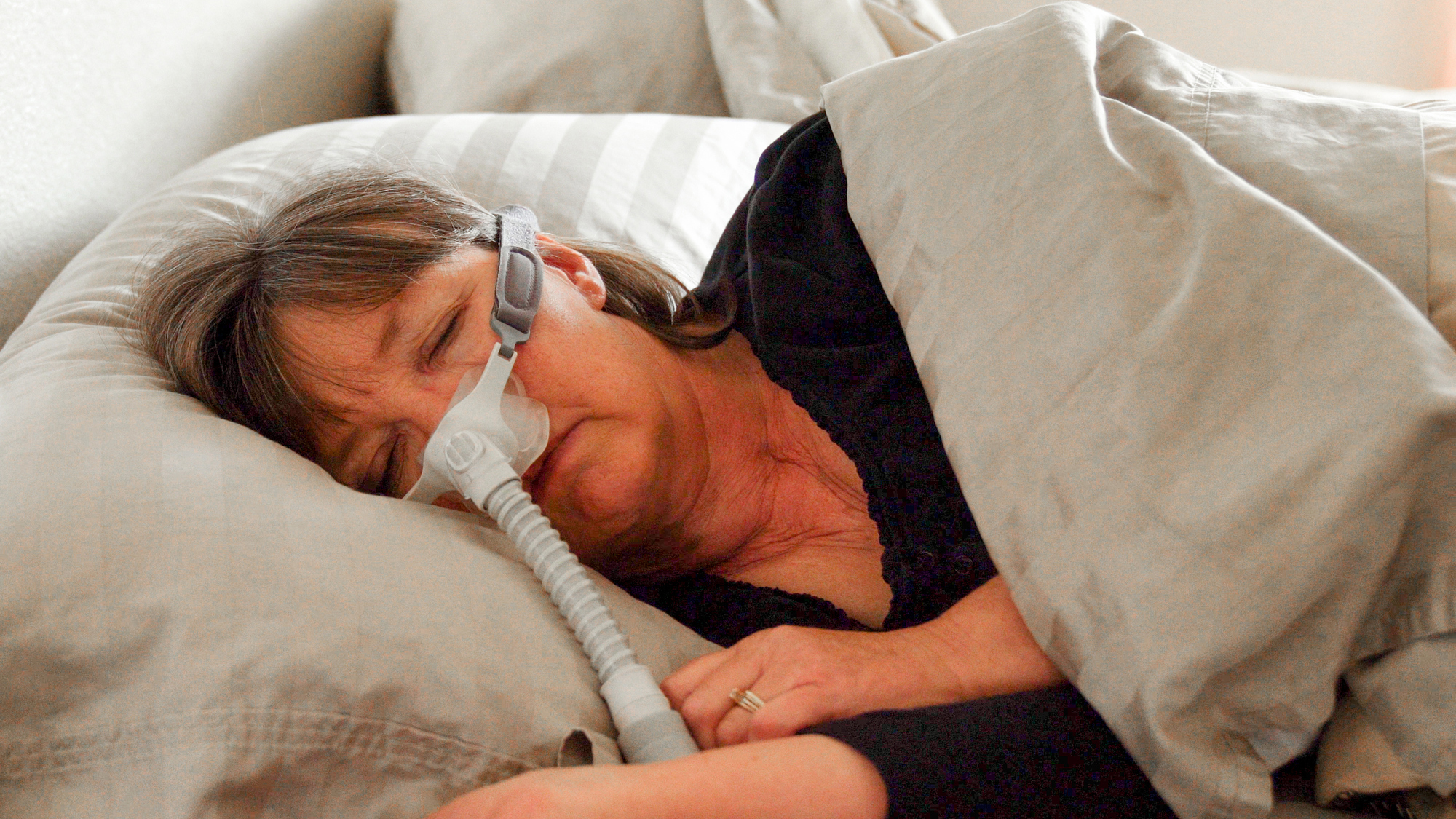
One of the most well-known treatments for sleep apnea is a CPAP (continuous positive airway pressure) mask. These are masks that fit over your face and provides air at a pressure that’s high enough to stop your airways from collapsing.
Dr Chandwani says CPAP masks are “very effective but poorly tolerated” due to how cumbersome they are. However, there are different types to suit different people, including nasal pillow masks and nasal masks that just fit the nostrils and nose, and full face masks that cover the nose and mouth.
Surgery
While surgery is not normally needed or recommended, Dr Chandwani says, “A small subset of patients do benefit from surgical correction. There are (hypoglossal) nerve stimulation implants in recent years which have shown some benefit in patients who do not benefit from CPAP and sleep apnea mouthguards.”
If you’ve tried other solutions and they don’t work for you, talk with your doctor about the possibility of surgery and find out what they suggest.

Lauren is an experienced writer and editor in the health and lifestyle industry and has led many campaigns and projects that deliver news, advice, and research on all things sleep. As the Sleep Features Editor for Tom’s Guide, Lauren writes, commissions and edits sleep and mattress content, from in-depth how-tos in sleep and mattress health to interviews with doctors and neuroscientists on the latest news in sleep. Lauren regularly tests new sleep tech and accessories to evaluate their effectiveness for getting good quality sleep and easing specific sleep struggles like nighttime anxiety. Alongside this, Lauren reports on the best mattress brands out there, like Helix, Saatva, and DreamCloud, helping readers find the right mattress for them and the best deals on them.
